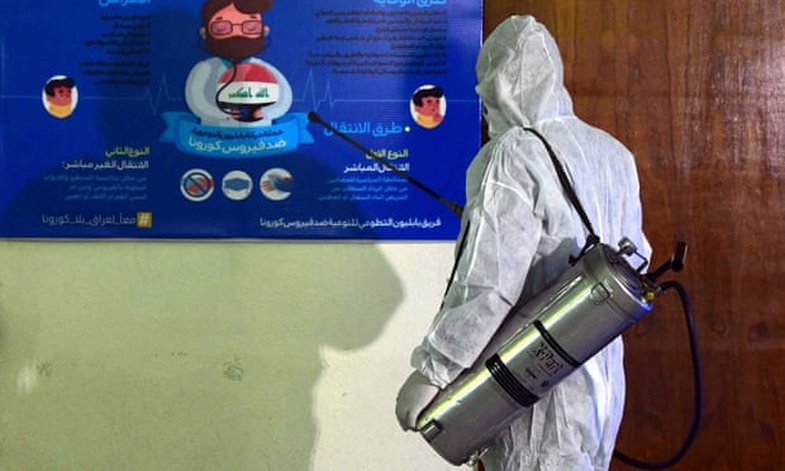
What is a pandemic?
Pandemics are not affected by the severity of the disease but by geographic spread. According to the World Health Organization, a new disease is called a pandemic when people affected worldwide do not have immune protection
How does WHO decide when a disease is called a pandemic?
Cases when someone becomes infected in a foreign country, returns home and infects others, or when someone is infected by a returnee from abroad, do not form part of the calculations to declare a pandemic. A second wave of infection from one person to another within the community is needed.
When a disease is declared pandemic, the likelihood of it spreading to the community is higher. Governments and hospitals need to be prepared for this scenario.
An epidemic, on the other hand, is classified as multiple and unexpected cases of a disease within a state or community.
When is a pandemic declared?
The last word is spoken by WHO. It does not take a certain number of deaths, infections or affected states for the WHO to declare a global pandemic. The 2003 Sars coronavirus, for example, was not declared pandemic even though it infected 26 states. However, the spread was rapidly under control and few states had severe consequences.
If declaring a pandemic causes global panic, it has done more harm than good. Something like that happened with the H1N1 flu, which was declared pandemic in 2009. People panicked, blocked emergencies and governments spent more than needed on antiviral medications. The symptoms of coronavirus are mild and most people recover within six days.
Now that Covid-19 is declared pandemic, what will change?
The WHO emphasized that the use of the word ?pandemic? will not change anything in the work plan or measures taken. States will continue to ?detect, test, isolate, track and mobilize people.
Professor Nigel McMillan of Menzies Health Institute in Australia says the announcement of the global pandemic prepares authorities for the next step.
"It means higher patient influx, increased stock of antivirals and advising people to avoid public outings, stay home if they get sick, maintain distance, etc.," he says.
Mcmillan thinks this is the hardest part for governments; to convince the citizens that they must change the way they behave to avoid the worst.





